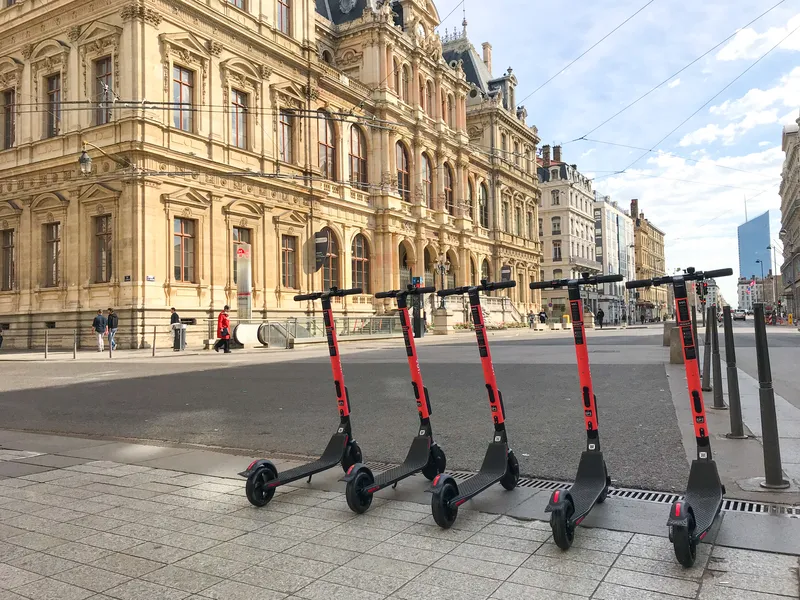
The mayor has also called on commuters to make a “monumental effort” enable social distancing on public transport as lockdown is eased.
However, the official advice remains: “Public transport must now be a last resort.”
“If we want to make transport in London safe, and keep London globally competitive, then we have no choice but to rapidly repurpose London’s streets for people,” Khan insisted.
“By ensuring our city’s recovery is green, we will also tackle our toxic air which is vital to make sure we don’t replace one public health crisis with another.”
The mayor added that this would be a “fundamental reimagining how we live our lives in this city… And this transformation will not be smooth”.
The congestion charge, ultra-low emission zone and low emission zone – all of which had been suspended when the coronavirus pandemic began - are reinstated from today “to prevent London’s roads from becoming unusably blocked”.
The congestion charge will be increased and its hours of enforcement extended.
“Many more Londoners must now walk or cycle,” the mayor and Transport for London (TfL) said in a statement.
Some streets will be converted to walking and cycling only, with others restricted to all traffic apart from buses, as part of the ongoing ‘Streetspace’ measures.
“Streets between London Bridge and Shoreditch, Euston and Waterloo and Old Street and Holborn may be limited to buses, pedestrians and cyclists to help boost safe and sustainable travel as our city starts to gradually emerge from national Covid-19 restrictions,” the statement says.
“Waterloo Bridge and London Bridge may be restricted to people walking, cycling and buses only, with pavements widened to enable people to safely travel between busy railway stations and their workplaces.”
TfL says it is examining the provision of zero-emission-capable taxis with access to both these bridges “and other areas where traffic is restricted”.
In the past week, TfL claims to have added around 5,000m2 of extra space on footpaths across London and begun work has begun on the first temporary cycle lane along Park Lane where the speed limit will also be reduced to 20mph to reduce road danger.
TfL is also working with the City of London Corporation on options to improve routes between Old Street and Bank, and between Cannon Street and Holborn to Bank for walking and cycling.
“More than half a million people work in the City of London and changes are needed to the historic streets to make room for social distancing for employees and support the economy,” it says.
“Covid-19 poses the biggest challenge to London’s public transport network in TfL’s history,” Khan said.
“It will take a monumental effort from all Londoners to maintain safe social distancing on public transport as lockdown restrictions are gradually eased.”









